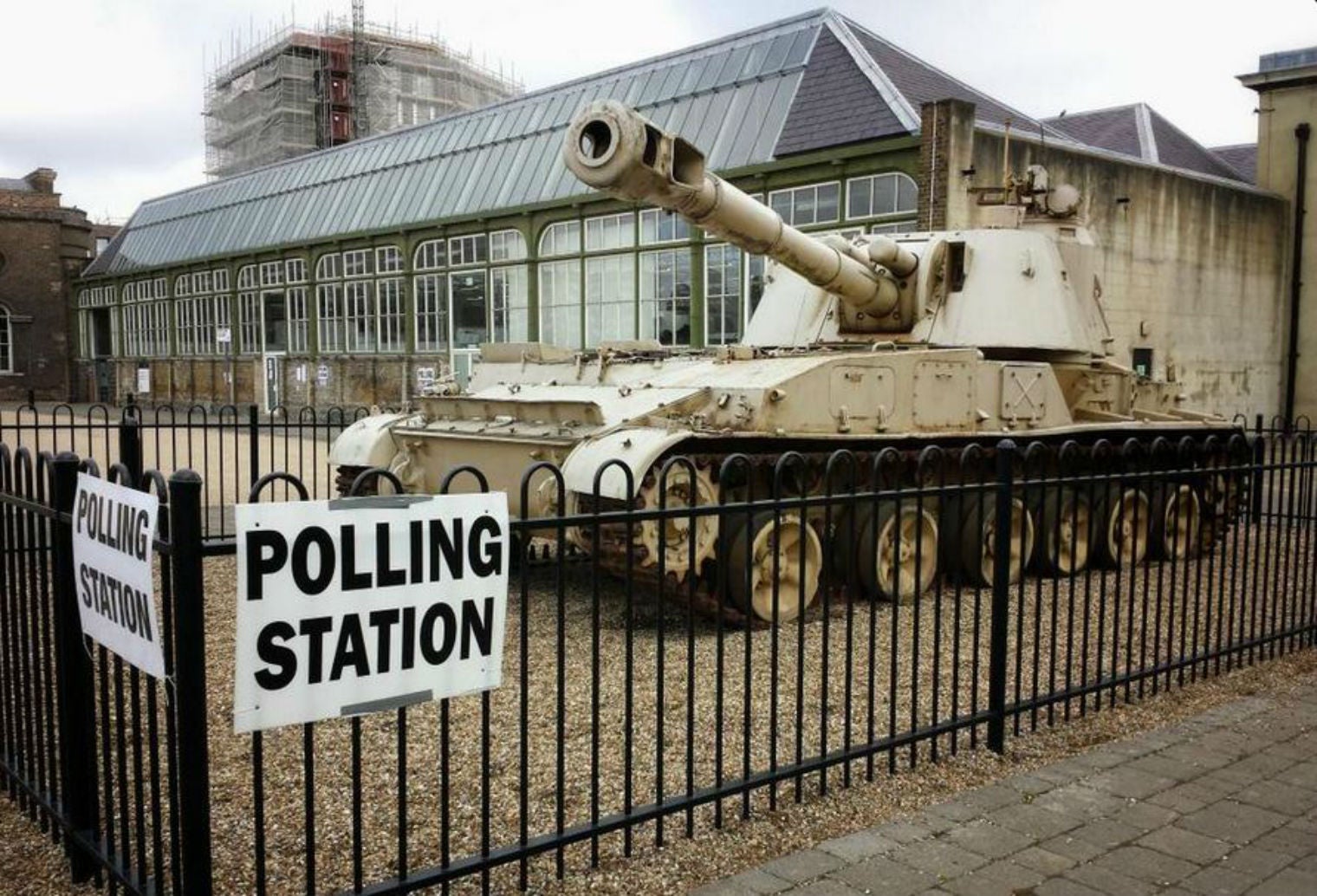Your support helps us to tell the story
From reproductive rights to climate change to Big Tech, The Independent is on the ground when the story is developing. Whether it's investigating the financials of Elon Musk's pro-Trump PAC or producing our latest documentary, 'The A Word', which shines a light on the American women fighting for reproductive rights, we know how important it is to parse out the facts from the messaging.
At such a critical moment in US history, we need reporters on the ground. Your donation allows us to keep sending journalists to speak to both sides of the story.
The Independent is trusted by Americans across the entire political spectrum. And unlike many other quality news outlets, we choose not to lock Americans out of our reporting and analysis with paywalls. We believe quality journalism should be available to everyone, paid for by those who can afford it.
Your support makes all the difference.It hasn’t even been 24 hours since the the 2015 General Election polls closed, but many are eager to know when the next vote will be.
Historically, it was for the sitting prime minister to decide when to call an election, as long as the interval between each one was no longer than five years.
But following the Fixed Terms Parliament Act of 2011, passed by the previous Coalition Government, a General Election must now be held every five years on a set date.
The act specifies that future elections will be held on the first Thursday of May, every five years.
This would mean the date of the next General Election in the UK would fall on 7 May 2020.
It is possible for a fixed term parliament to be brought down and the date to change, but only in two specific ways.
First, if a two-thirds majority of the House of Commons votes to dissolve itself or secondly, if the government passes a motion of no confidence and no one forms a government, which wins a vote of confidence, within two weeks.

Join our commenting forum
Join thought-provoking conversations, follow other Independent readers and see their replies
Comments